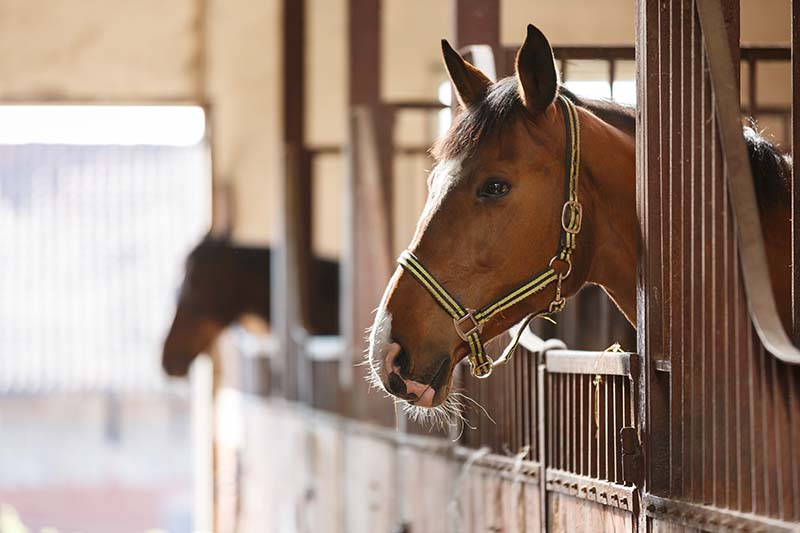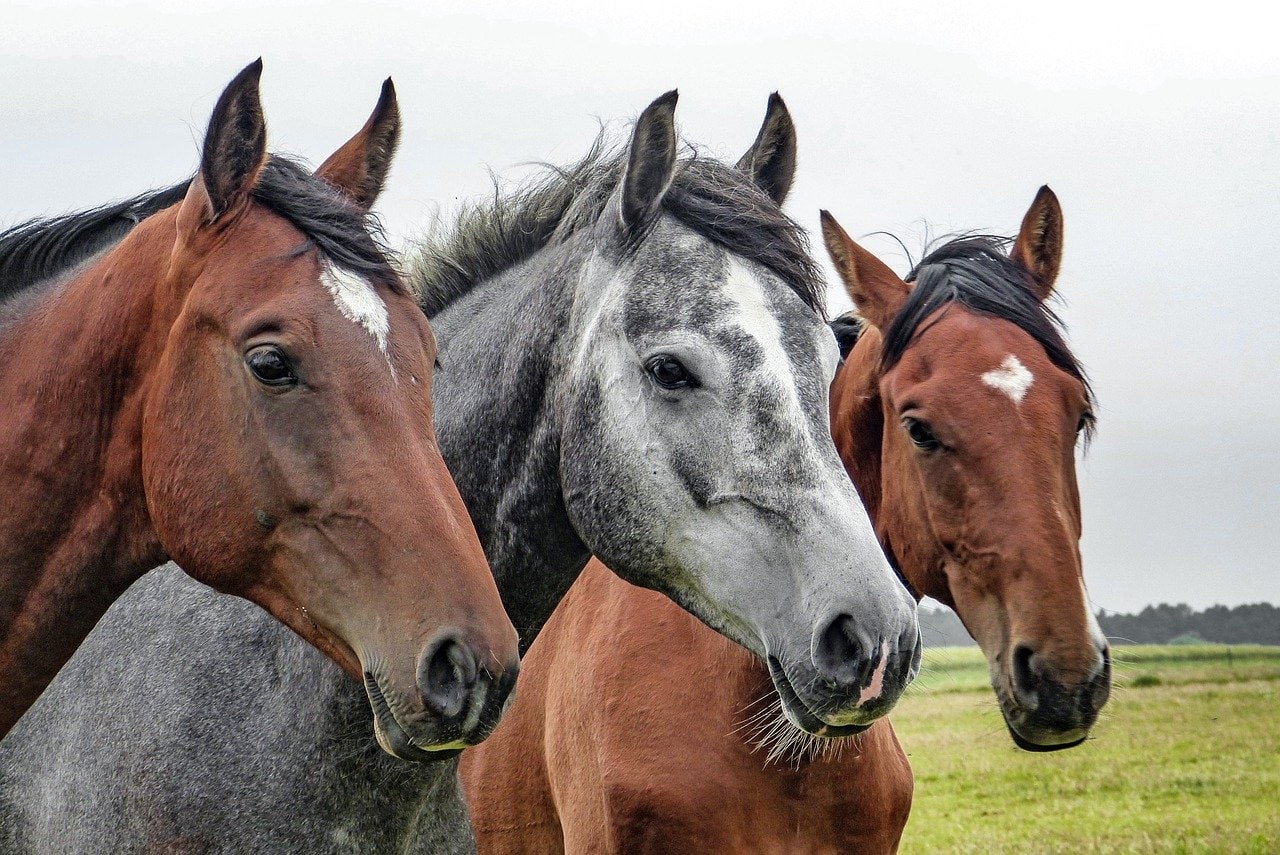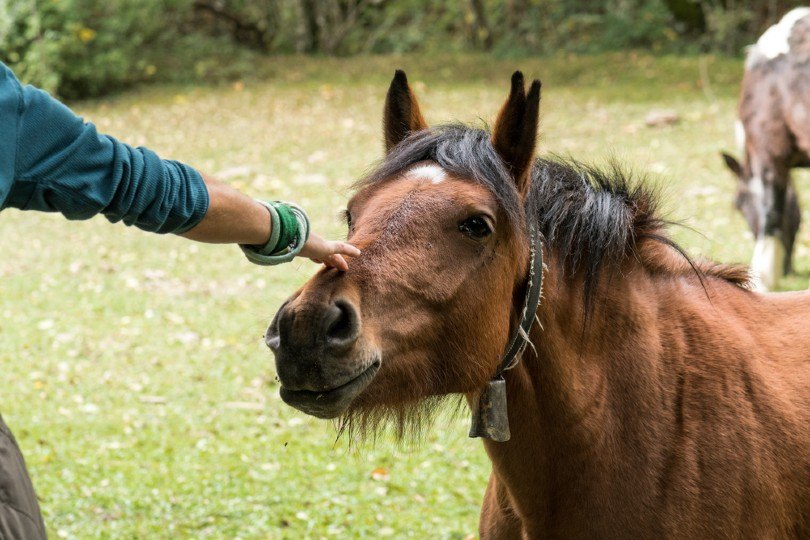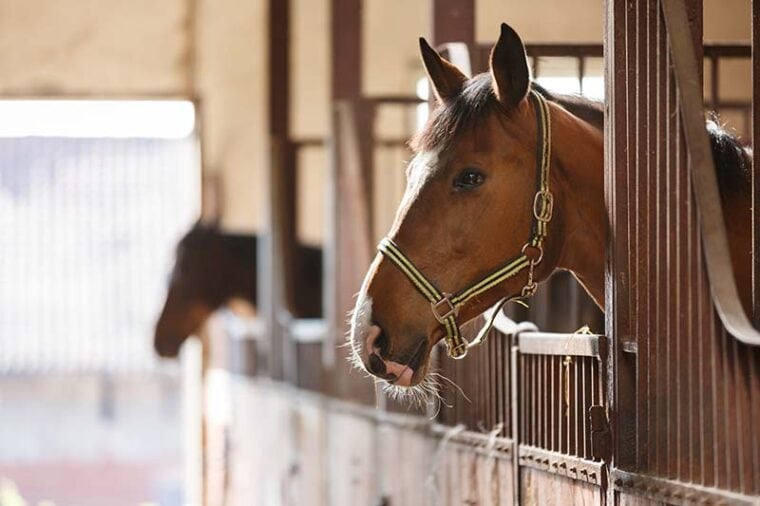
Owning a horse can be fun and exciting, but unlike a cat or a dog, horses require a special shelter that many people cannot provide at home. Instead, they will board their horse at a separate facility. If you are thinking about getting a horse but aren’t sure how much it will cost to keep them, keep reading as we take a closer look at the different kinds of boarding and the costs associated with each, so you can make an informed decision.
Boarding a Horse: Options
Full-Care Board
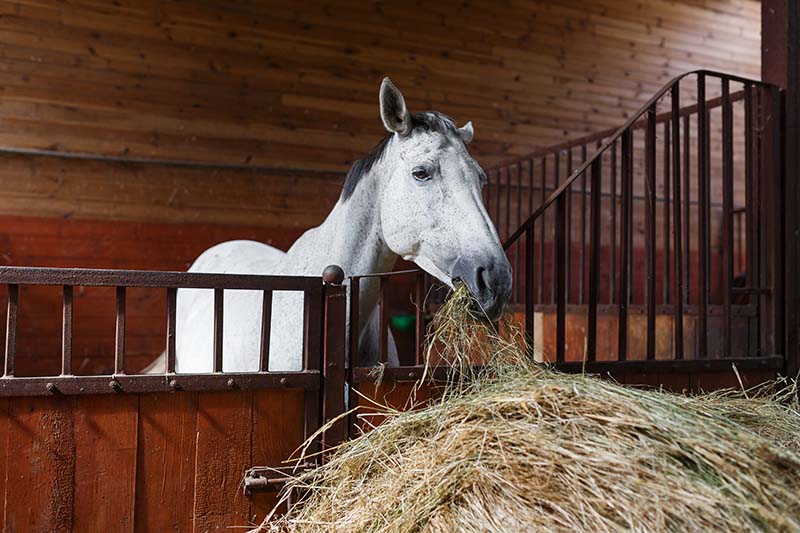
The full-care boarding option is the most expensive yet most popular option because it provides complete care for your horse when you can’t be there. This type of facility provides food, water, a temperature-controlled environment, veterinarian access, and other things that will help keep your horse safe, healthy, and happy. These facilities might also organize events that your horse can attend, and they might alert you to sales. The only downside to the full-care option is that it is quite costly.
Partial-Care Board
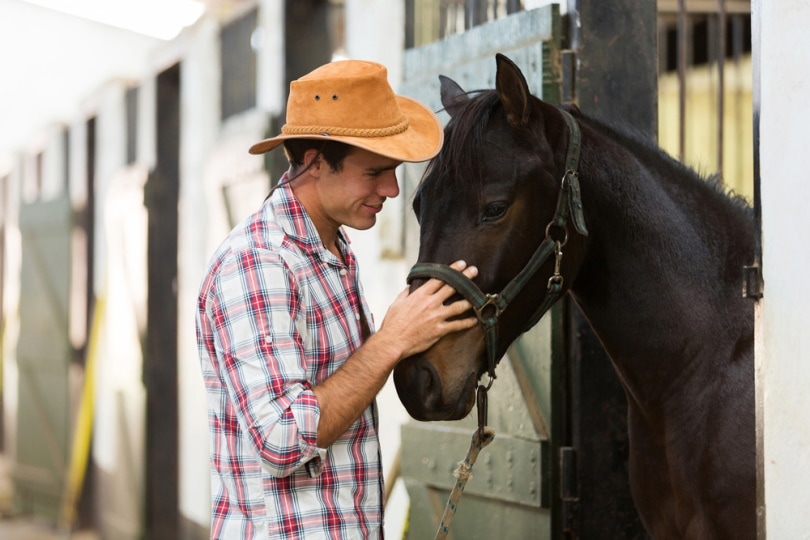
Partial-care boarding is a lower-cost option that enables owners to share the responsibility of caring for the horse. You will have more control over your pet’s needs because you will buy the food, hay, and supplements, while the facility will provide housing, storage, lights, and water. Like the full-care option, there is usually plenty of space for the horse to run and get exercise. The downside to this option is that you will need to supply a few of the necessary items and understand the basics of horse keeping, like feeding and grooming.
Pasture Board
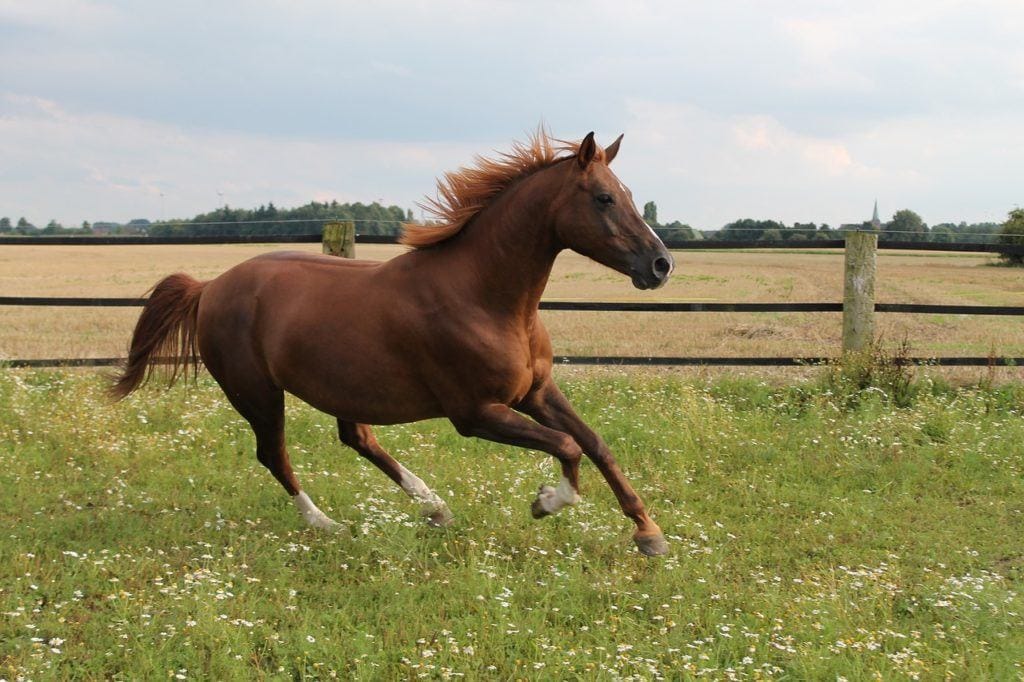
Pasture boarding is a low-cost option that provides your horse with a pasture to run in. It enables your horse to live in an environment similar to its natural one. Maintenance staff will keep an eye on the horse and provide food and hay in most cases.
The downside to this option is that while it will offer a certain amount of protection from rain and snow, it will not have a stall, which can be important in specific instances, like if the horse gets injured.
Self-Care Board
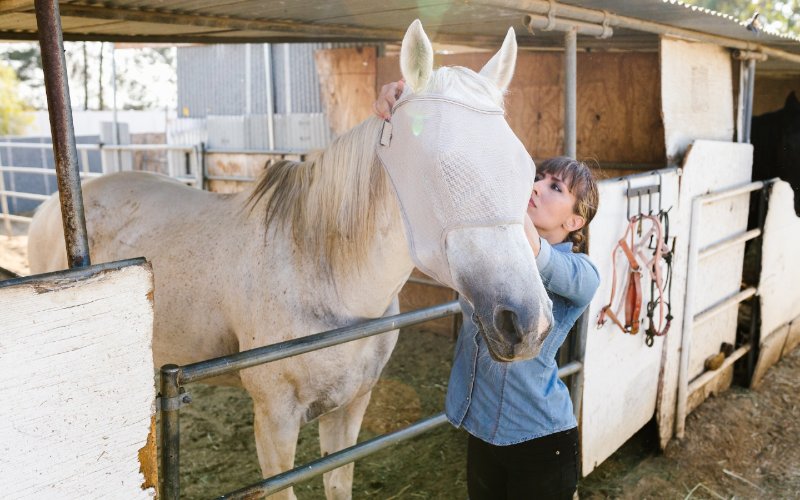
The self-care boarding option is the least expensive for the horse owner but requires the most work. It’s a great option for people with plenty of free time who live near the facility and/or owners who want the most control over all aspects of their horse’s health. The downside to this option is that the facility only provides a place for the horse to stay; you will be responsible for feeding and maintaining its health regardless of the weather. You will also need to schedule all appointments with the vet.
How Much Does Horse Maintenance Cost Per Month?
Your horse has several needs that either you or the boarding provider will need to meet, so it is important to go over each point before you sign any contracts. For instance, your horse will need hay, food, water, salt, and other nutrients daily, and it will also require attention to its hooves and teeth, albeit less frequently. It will also need regular deworming and vaccinations.
List of Horse Care Needs and Costs
| Service | Price per Item | Price per Year |
| Hay | $8 per bale | $1,400–$1,500 |
| Mineral Supplements | $0.15–$0.20 | $63 |
| Salt Blocks | $0.4–$0.8 | $15 |
| Concentrate | $1 | $365 |
| Farrier | $35 | $420 |
| Dentist | $100–$150 | $100–$150 |
| Deworming | $20 | $80 |
| Vaccinations | $80–$100 | $160–$200 |
| Average Total Cost | $150–$170 | $1,800–$2,040 |
Food
Your horse will eat several pounds of hay daily, about half a bale. During the summer, it will eat less if it has a chance to graze, but you can expect to spend $100–150 per month on fresh hay. It will also need access to a salt block and mineral supplements.
Grooming
A farrier cares for the hooves of your horse, as they will need frequent maintenance and new shoes at the cost of roughly $25–50 per month. You will also need to brush your horse regularly, and if you need to purchase brushes, scrapers, buckets, and combs, that can set you back about $100.
Medications and Vet Visits
Your boarded horse will require frequent checkups at the vet to acquire deworming medication, get its teeth checked out, and be up to date on its vaccinations. The horse might also need other medications and treatments if it has health problems.

Total Monthly Cost of Boarding a Horse
The full-care boarding option should include all expenses, such as grooming, healthcare, and food, but it is also the most expensive, often costing as much as $8,500 per year or a little over $700 per month. The self-care option will save you money on boarding, but you will need to provide care for the horse yourself, which can get expensive. Many owners who choose this option will spend $1,200–$1,500 annually or $100–$150 per month.
| Boarding Options | Monthly Cost | Annual Cost |
| Full Care | $291–$708 | $3,500–$8,500 |
| Partial Care | $291–$458 | $3,500–$5,500 |
| Pasture | $150–$417 | $1,800–$5,000 |
| Self Care | $100–$125 | $1,200–$1,500 |
Additional Costs to Factor In
Training
Many boarding facilities will offer horse training that will teach you how to ride and even care for the horse properly. While the training cost can vary considerably, it’s usually about $200, with private lessons costing about $50 each.
Shows
For a small fee, many boarding facilities, especially full-care ones, can help you enter your horse into different shows to help them have fun or even win prizes. There are many exhibitions and competitions available, as well as humanitarian activities and day trips for children that your horse might enjoy.
Conclusion
You can expect to spend $1,200–$8,500 annually to board your horse, depending on the type of boarding that you choose, which works out to $100–708 per month. Choosing a more expensive option will ensure that your horse gets around-the-clock care, which will give you more time to take care of your daily tasks. However, if you like to work with your horse, want more control over its health and nutrition, and live nearby, partial, pasture, or even self-care boarding options can be more than adequate while saving you in costs.
Featured Image Credit: Konstantin Tronin, Shutterstock


